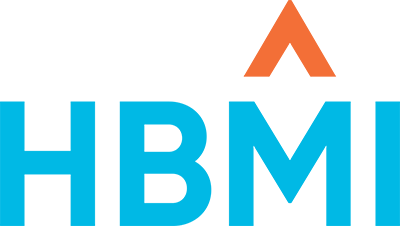
If you have high credit card debt, it could make it tough to get a home loan.
Why? Well, lenders look at how much of your income goes toward paying off debts (that’s your debt-to-income ratio).
If you’re weighed down by credit card debt (or any debt for that matter), lenders might think twice about giving you a home loan.
Plus, credit card debt comes with high-interest rates, meaning you pay more than what you originally spent.
This eats into your savings, which you need for that house deposit. So, it’s really key to tackle that credit card debt head-on to get your finances ready for buying a house.
Strategies to Crush Your Credit Card Debt Once And For All!
Make Payments More Often
To get your credit card debt under control, don’t just pay once a month. Why not pay every two weeks, or even every week?
This can do two things for you:
Keep your debt lower throughout the month (so it doesn’t collect as much interest) and;
Help you to develop a habit of good money management. It’s easier to do this when you sync your repayments with how often you get paid.
Also, if you find some extra money – say, from a tax refund – toss it at your debt. The more often you make payments, the quicker you’ll be out of debt and ready to buy your home.
Hunt Down Extra Money for Payments
To get rid of debt quickly, look for extra money to put toward your credit card bills.
Go through your budget and cut back where you can – maybe eat out less or cancel subscriptions you don’t use much.
When you get unexpected cash, like a work bonus or birthday money, use it to reduce your credit card balance.
Think about earning some extra money too, with a side gig or by selling stuff you don’t need.
Every extra dollar you can toss at your debt means less interest and a faster track to homeownership.
Budgeting is Key in Wiping Out Debt
A solid budget is a big part of getting rid of debt and saving for a house.
Budgeting helps you see where your money is going, where you can save some and how much you can put toward wiping out credit card debt each month.
Always make sure you’re covering your must-pay bills first, but put as much as you can after that toward your debt.
Budgeting lets you predict how soon you can be debt-free and what kind of mortgage payment you can afford later on.
Keep your budget flexible and adjust it when things change. Staying on top of your spending this way isn’t just about buying a house – it’s about keeping your lifestyle comfortable and your finances in check.
Once You Have Paid Down Your Credit Card Debt – Reduce The Limit.
When lenders assess a home loan application, they actually take into account your credit card limits, not just the balance you have owing.
Even if you have a credit card with no balance or consistently pay it off in full, the actual credit card limit will still impact your borrowing power.
Lenders will calculate your borrowing potential based on the assumption that you could draw up to the limit of your credit card at any time, regardless of your intentions.
The higher the limit, the more your borrowing power is reduced, so once you have made a dent in that credit card balance aim to reduce the limit as well.
Conclusion
Moving from dealing with debt to owning a home takes commitment and clever money management.
Keep your eye on the prize and remember, every extra payment gets you closer to that dream of owning a home. When it’s finally time to get that mortgage, you’ll be in great shape: minimal debt and a solid history of smart spending.
It’s not just about owning property; it’s about building a secure financial life.
Stick with it, and soon enough, you’ll make the leap from paying off debt to getting the keys to your own home. Feel free to reach out if you need a hand!
Applications for finance are subject to meeting the lenders criteria, terms, and conditions. Refer to our website www.hbmi.co.nz for our Public Disclosure Document.







